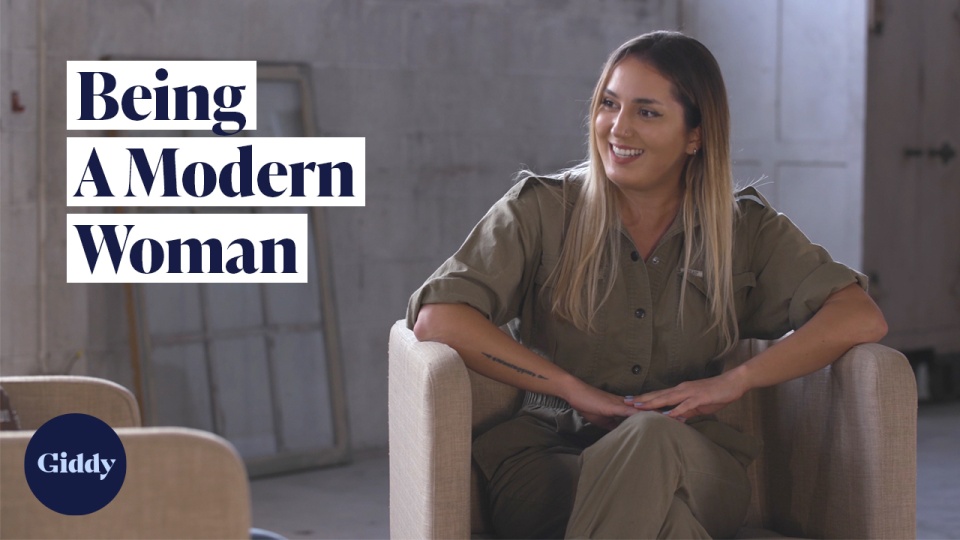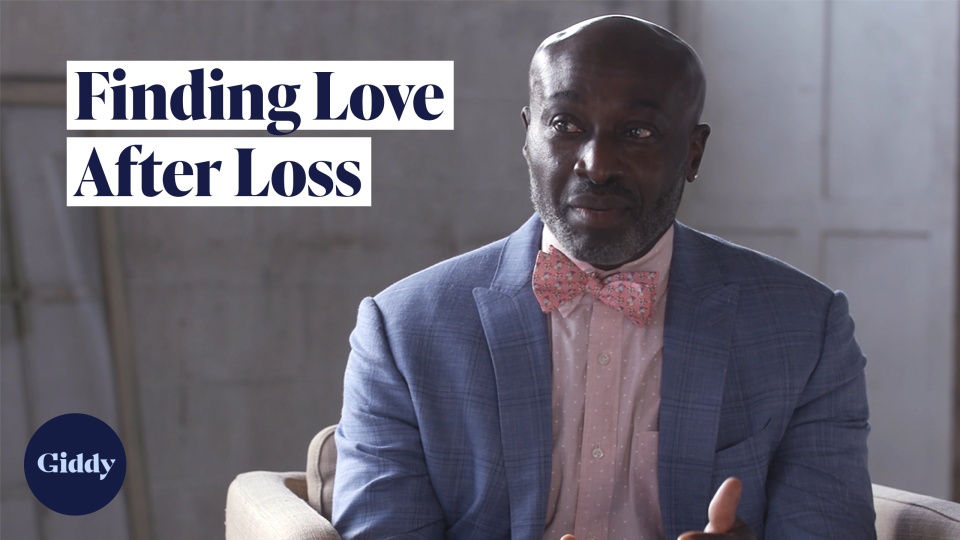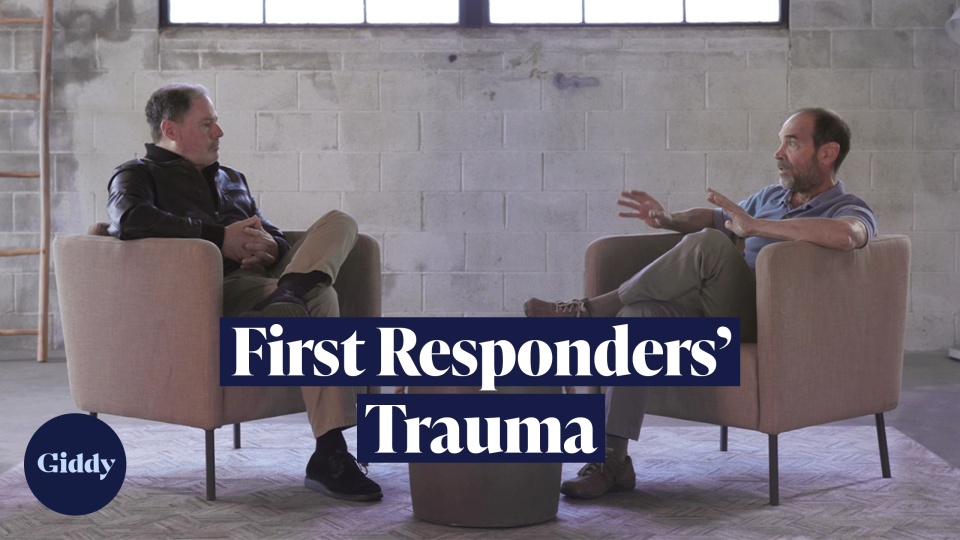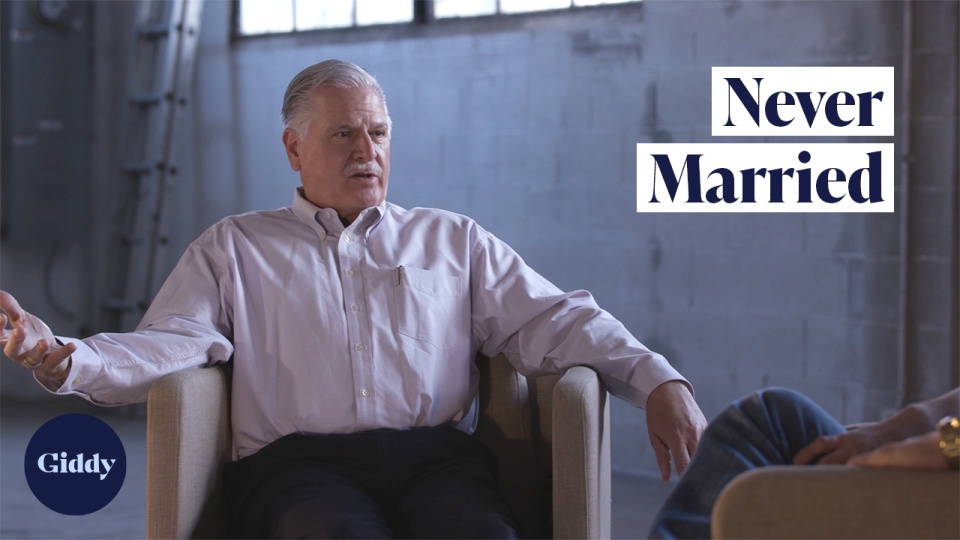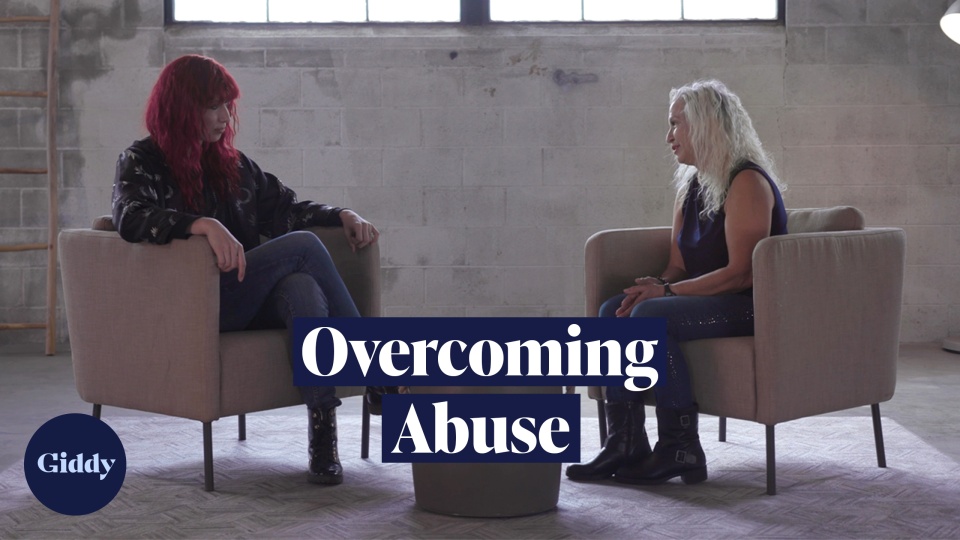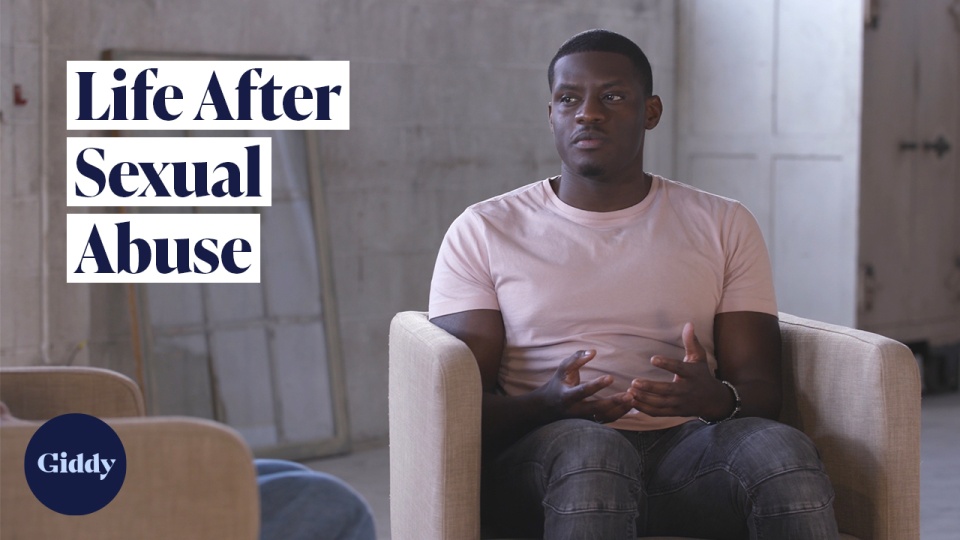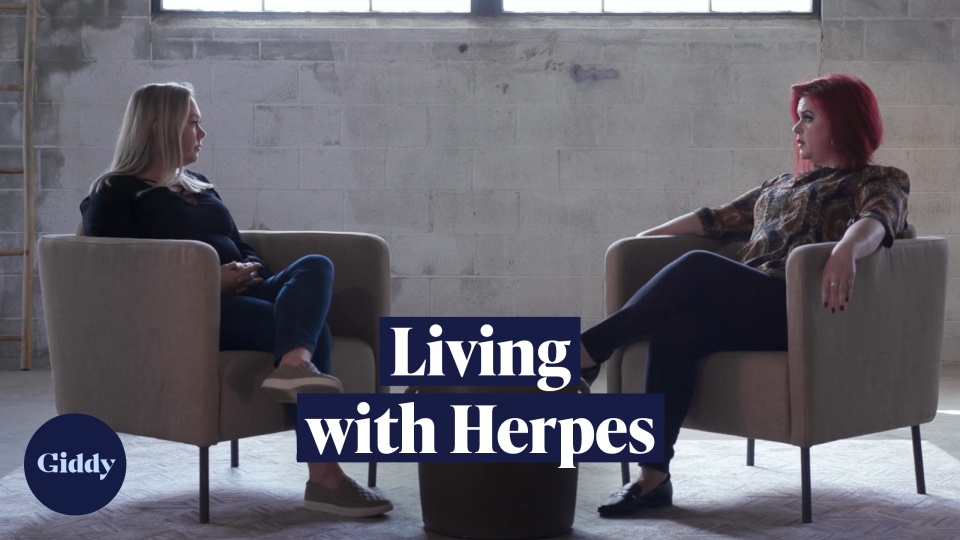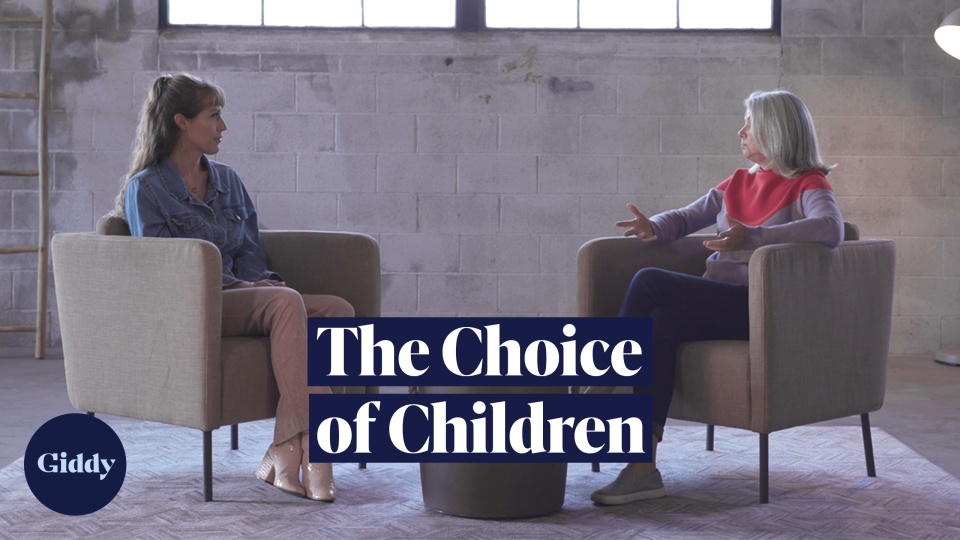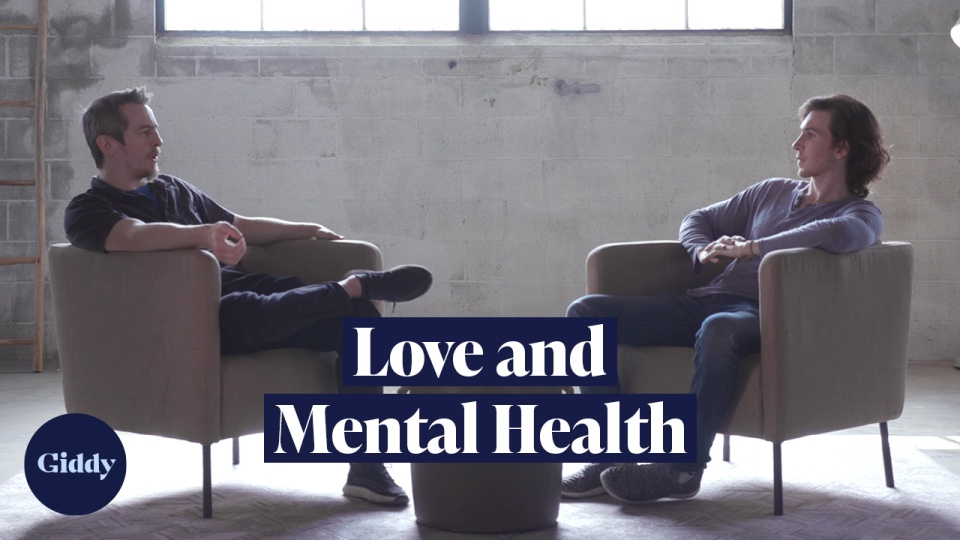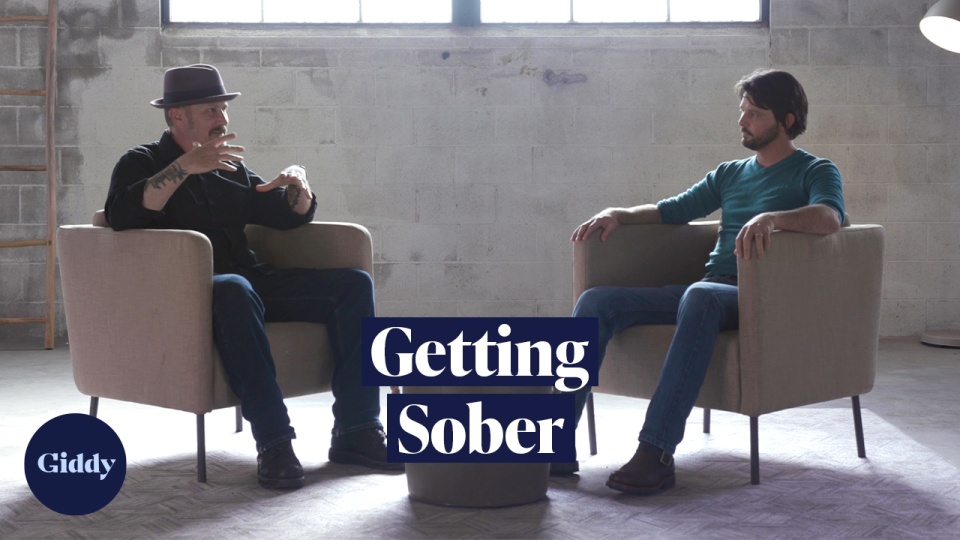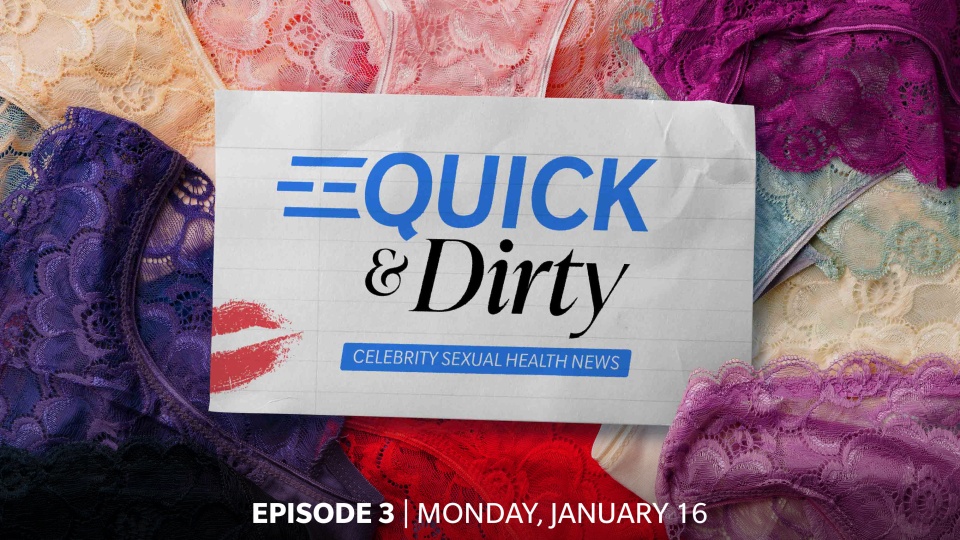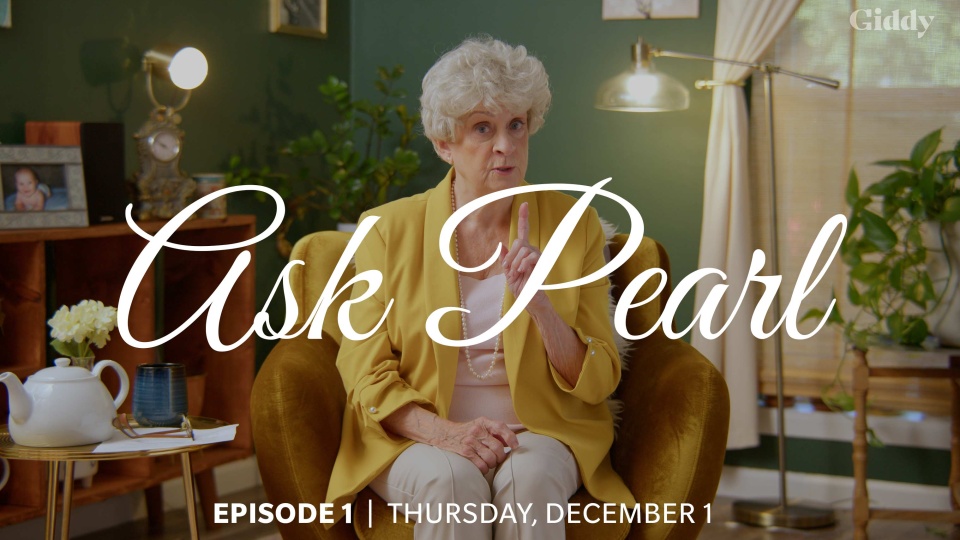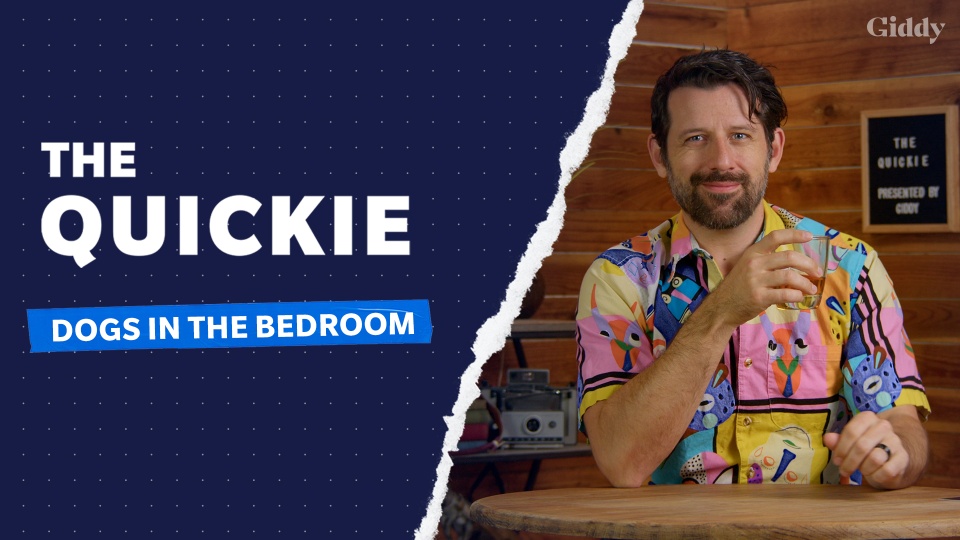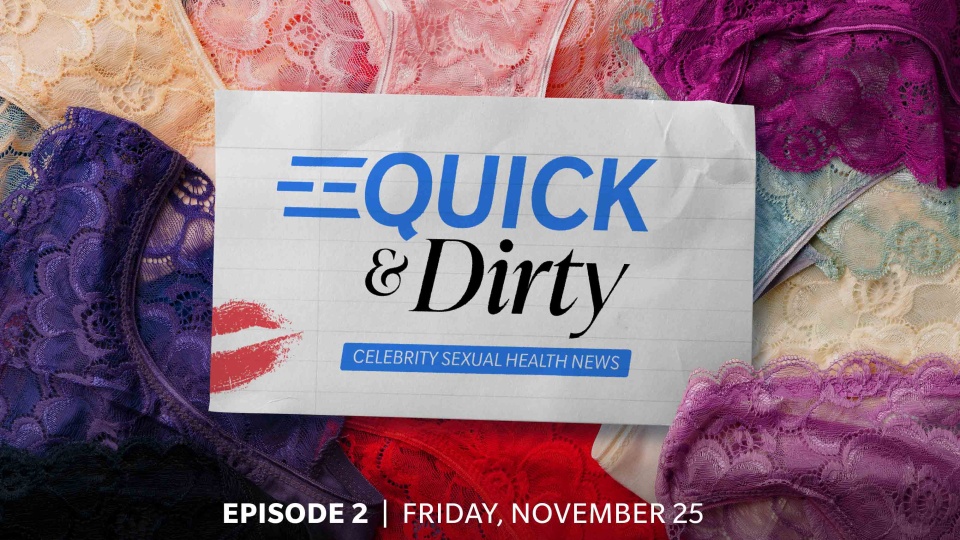Up Next
'This Doesn't Have To Define You': Living with Herpes
Two strangers, Stephanie and Rebecca, discuss the challenges of living with herpes and overcoming the stigma.
More about this episode
A Conversation with Stephanie and Rebecca
In this episode, Rebecca and Stephanie sat down to discuss the social and intimate struggles they face while living with herpes. Rebecca, diagnosed in 2020, was initially mortified that her sexual partners would no longer want to engage with her. She eventually discovered dating sites that are geared towards people with herpes, which has allowed her to connect with others in similar situations. Although Rebecca discloses her status on dating sites, she is still hesitant to openly discuss it with people she meets in person.
In contrast to Rebecca, Stephanie, diagnosed in 2017, is open about living with herpes. She believes her candidness and presence on social media allows her to be vulnerable in relationships, and helps break away from the social stigma that surrounds people living with herpes or other STDs. In fact, Rebecca has been following Stephanie's journey on social media, which in return has helped Rebecca cope with her diagnosis.
Despite their efforts to be more open, Stephanie and Rebecca continue dealing with discrimination and stereotypes regarding herpes. However, Stephanie stresses that it's not up to society to end the stigma— it's up to the people living with herpes. She hopes her experience will help Rebecca gain the strength to be more candid with her friends, family, and potential partners in the future.
Transcript
In the beginning of 2020, probably around February, I noticed a small lesion, small nick in my vagina. I didn't think too much of it, but it wasn't healing like I thought it should. So I got this bad feeling that it might be herpes. And I went to my doctor who immediately was like, "no, that's not herpes, but let's just do some blood work just to make sure." So we did the IgG blood work. It came back positive for HSV-2, genital herpes.
I was mortified. I felt like a leper. I felt like I let my body down. That it was my responsibility to take care of it and I didn't do my job. I knew my sex life was going to be totally different. But I had joined some support groups, as you know, because you run one of them. Two things I did to help me cope with the idea of having herpes was I listen to podcasts. And then I followed you on Facebook.
It's definitely crazy looking back and just thinking of how devastated I truly was. Because as you know, I was diagnosed in 2017, coming up now on four years, which it's crazy to think about. And same thing. When I woke up, I woke up with what I thought was a spider bite. And on my butt cheek. And went to the doctor; she was like, "I think that's herpes." She decided to do the swab.
I waited a couple of days. Then the test came back, obviously, that it was positive. And then I found out actually that I had both types, but I had no—I've never had an outbreak for type 1 in my entire life.
Do you feel like the who, what, when, where, why—like, who gave me this? Why did this happen to me? All of the things.
My sex life—I am actually in a platonic co-parenting marriage. My co-parent is transgender. He came out about eight years ago. And so we stayed legally married and we're raising our children together. We have separate sex lives. What I do is I actively look for friends with benefits on dating websites, and I'm very active. I usually have several friends with benefits at once, so I can see them each once a month. So, I thought that was over. And I was like, how am I going to satisfy that part of my life? But I joined a herpes-positive dating website. I also disclose on my dating website profiles that I have herpes.
In my real life, I don't tell anybody. I'm still in that point. I'm still there. I can't wait until I can get out of that. My co-parent knows. My best friend knows. My doctor knows. That is it. And I think the main reason why I don't tell other people is because I still feel contaminated. I still feel kind of unclean. I'm afraid that people will not want me to use their toilets. If I ever saw anybody saying something like that, or going after me cleaning up, that would just kill me.
That was always a fear of mine, too, since mine's in my butt cheek. I was always like, "oh, my god, they're not going to want me to sit on their toilet because then"—and I've had people say that because I'm public about it on TikTok and things like that. And people have said like, this is why you don't sit on public toilets. And really that's not where you can get it, right?
Exactly. You can't get it from a toilet. You cannot.
People are so scared to just be who they are and to own this part of themselves because they're like, "well, if my parents find out, they're going to not be happy. If this person finds out…" I'm like, what does herpes mean to you? Like, what does it mean for you to have it, but not what does it mean for society to have it. Because who cares what society says about you having herpes?
When I disclosed to my best friend—I've known this girl for 31 years. And when I told her I had herpes, she said so do I.
Wow.
And I said, why didn't you tell me? She was ashamed too.
Yeah.
And it's just amazing.
That's something I always think about when I hear somebody make a herpes joke. I'm like, imagine the people next to you who most likely have herpes and now you're saying this joke that's offending your best friend.
And I'm all about, what was my part in it? And my part was, I didn't educate myself about herpes. I didn't know that you could get herpes even if you wore a condom. I thought end all be all. You wear the condoms, you're good.
See, I thought, oh, the person will just tell me that they've been tested. Did I ever ask? I never was asking these questions about sexual health before I got diagnosed. And now it's like, hey, if you're not willing to talk about sexual health, like you're not willing to be with me.
Before I tell them, I'm like, OK, well, I have to tell them this, and then I can fully be myself. Like, I'm fooling myself, but then I get to literally—I'm just like, look, OK, nothing else matters now.
I find it the more casual you are about disclosing, the more casual they are about reacting. I hear a lot of, "well, I trust you. If you're telling me this, then I trust that you're going to keep me safe."
That's exactly what my ex said. He was like, "wow, I've never had such a deep level of trust for somebody right off the bat. Like, if you're willing to be open about something so vulnerable like this…" That's the one thing that I think it's opened up for me is my vulnerability, [it has] allowed me to now have deeper meaningful connections with my partners and not just the surface level shit. We're so quick to like be vulnerable and take our clothes off. But when it comes to our words, we don't really want to be vulnerable.
And I also always suggest to people, make it a We conversation. It's never a, "hey, I have herpes." It's a, "hey, when was the last time you were tested?" And making it like a We thing rather than like, this is what's wrong with me. Because we all have something that either we're ashamed of or that we're carrying around. And then if they're not OK with it, guess what, bye. Thank you. Thank you for redirecting me into somebody else who's going to accept every single part of me.
Do you think that the stigma in society around herpes is going to be around forever, or do you think that eventually more and more people are going to be like, "oh, it's just frigging herpes"?
I think that it's going to be around if we don't talk about it. And here I'm saying this not telling anybody in my real life, but I'm going to get there.
Yes, you are.
If we talk about it, put a face to it, and then you can be like, oh, wait, well, my sister has it, or my best friend—and they're not lepers, they're just like me.
And why is it that herpes 1 or oral herpes is not as stigmatized as genital herpes? [pointing to her face] You can see this.
That's another stigma to it.
If I had an outbreak on my vulva, nobody can see it. But if I'm walking around with a cold sore or an outbreak on my face, everybody looks. And up there's my advertisement for herpes. So why is this more stigmatized?
Well, because sex in our culture is more stigmatized.
True, very true.
I feel as though it's not society's job to end the stigma. In my eyes, it's each individual's job to realize that this doesn't have to define you. And we're allowing other people to dictate the way that we view ourselves because of a diagnosis.






